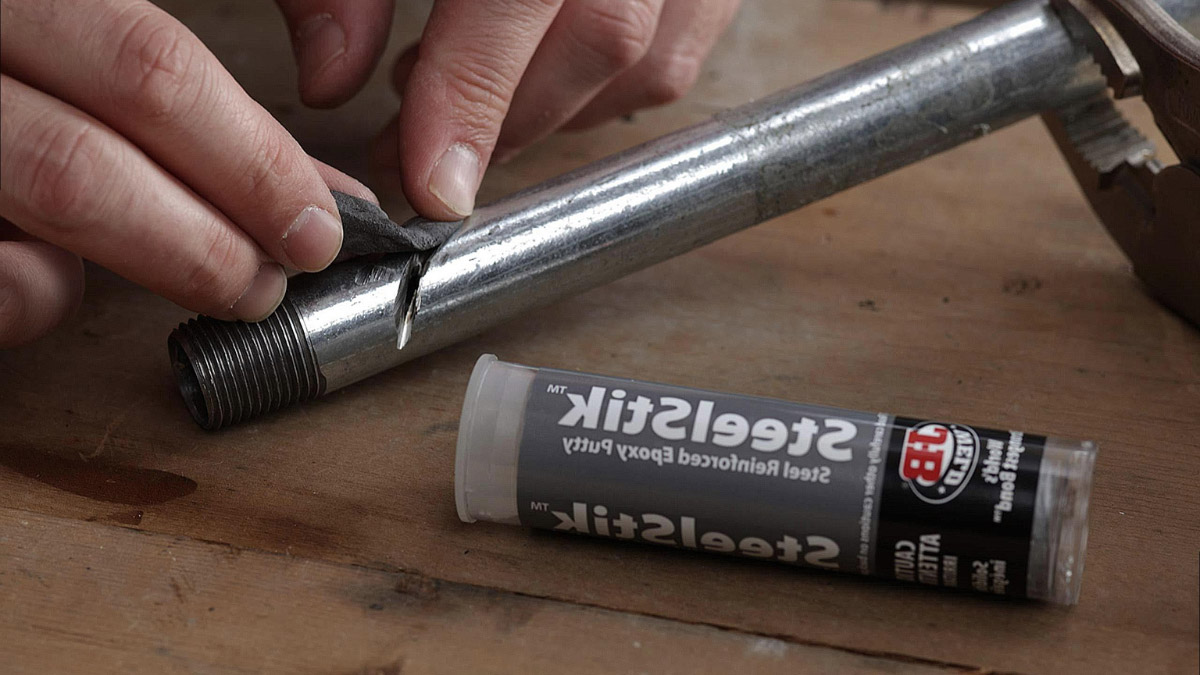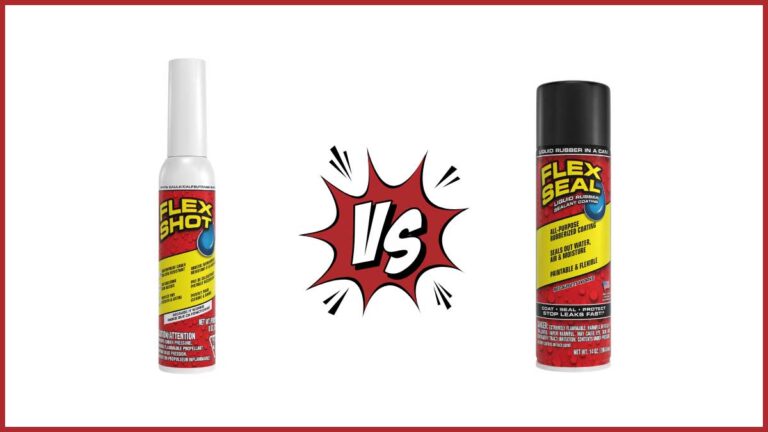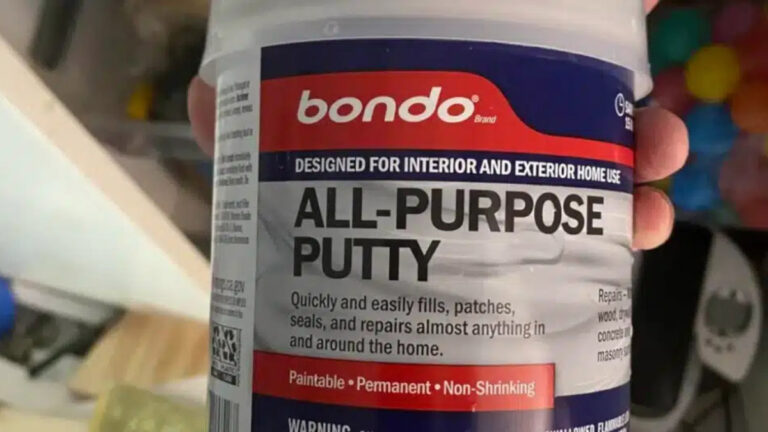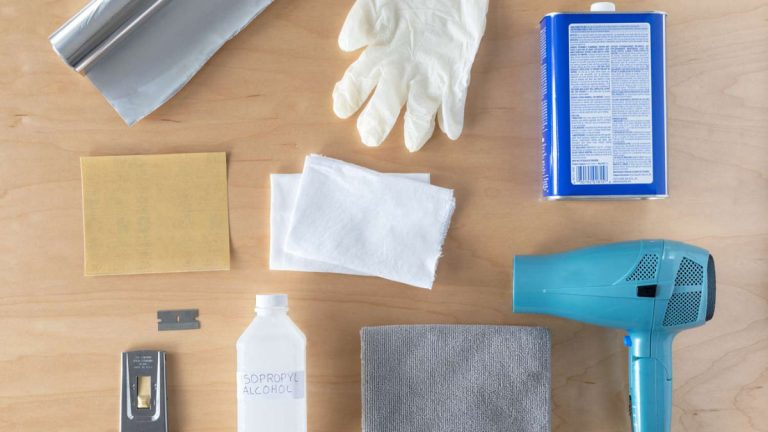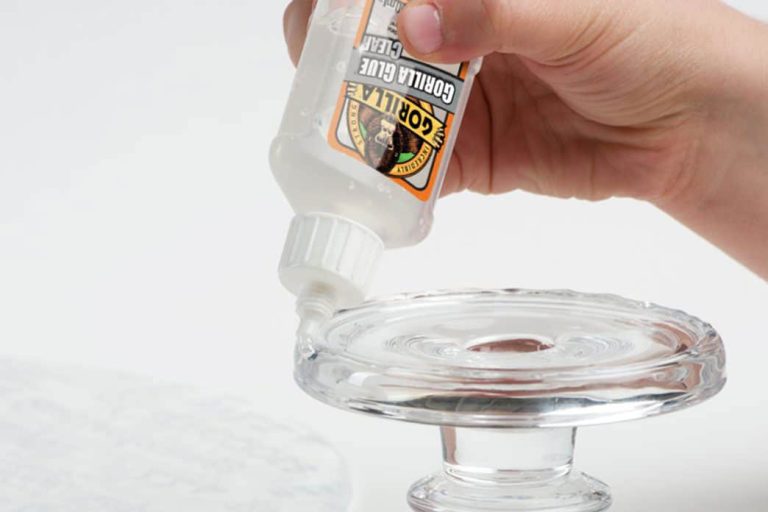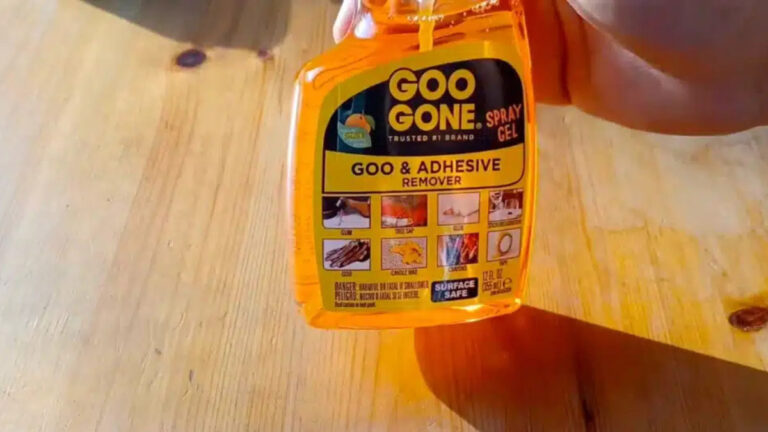Is JB Weld Gas Resistant: Pros and Cons Explained
When it comes to repairing metal surfaces, JB Weld often stands out as a go-to solution. But if you’re dealing with gasoline or other harsh chemicals, you might wonder, “Is JB Weld gas resistant?” Understanding the capabilities and limitations of this popular adhesive can save you time and money, not to mention potential safety hazards.
In this text, you’ll discover whether JB Weld can withstand exposure to gasoline and similar substances. We’ll explore its chemical resistance, application tips, and real-world scenarios where it either excels or falls short. Stay tuned to make an well-informed choice for your next repair project.
Key Takeaways
- Limited Gasoline Resistance: Standard JB Weld is not highly resistant to gasoline, particularly under prolonged exposure and with ethanol-containing fuels.
- Specific Uses: Suitable for temporary repairs involving gasoline but not for long-term or submerged applications like permanent fuel tank repairs.
- Application Steps: Proper surface preparation, mixing, and application are crucial for achieving a strong, durable bond with JB Weld.
- Consider Alternatives: For projects requiring higher gasoline resistance, consider specialized adhesives like JB Weld TankWeld or Permatex Fuel Tank Repair Kit.
- Chemical Composition: JB Weld comprises an epoxy resin and a hardener, offering strong bonding but limited chemical resistance to gasoline.
Assessing Gas Resistance
JB Weld is a popular choice for metal repairs due to its strong bonding properties. But, when it comes to gas resistance, it’s essential to understand its limitations.
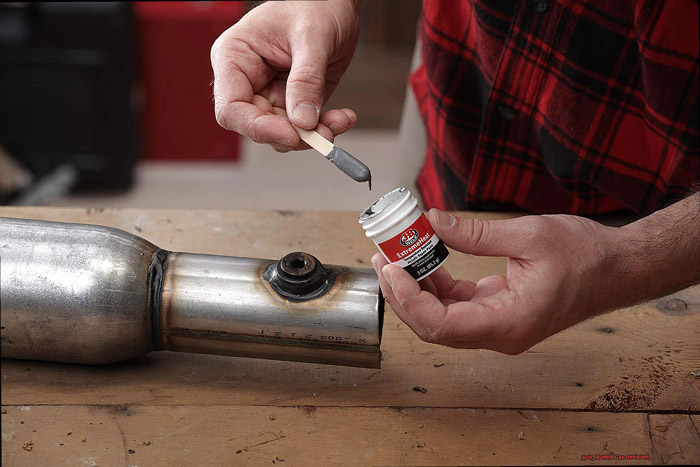
Material Composition
JB Weld comprises two main components:
- Epoxy Resin: Provides adhesion and forms a durable bond.
- Hardener: Initiates the curing process for strength.
While JB Weld’s standard formulation offers impressive strength, it lacks specific chemical resistance to gasoline, particularly under prolonged exposure.
Performance Under Gas Exposure
- General Use: Suitable for temporary repairs involving gasoline exposure. For example, repairing small cracks in fuel tanks or carburetors. But, it tends to degrade over time, especially under constant gasoline exposure.
- Submersion: Not recommended for areas fully submerged in gasoline. Continuous immersion compromises its integrity, leading to eventual failure in applications like permanent fuel tank repairs.
- Ethanol-Containing Gasoline: More susceptible to failure. Ethanol accelerates the degradation process, reducing the epoxy’s effectiveness.
| Feature | JB Weld | Gas Resistant Epoxies |
|---|---|---|
| Composition | Standard Epoxy | Specialized Formulations |
| Gasoline Resistance | Limited | High |
| Long-Term Usage | Temporary | Suitable for Permanent |
| Ethanol Gasoline Resistance | Low | High |
To conclude, while JB Weld performs admirably in various repair scenarios, it’s not the best option for situations involving continuous gasoline exposure, particularly with ethanol-containing fuels. Always consider the specific requirements of your repair project when selecting an adhesive.
Steps For Applying JB Weld
Applying JB Weld correctly maximizes its effectiveness. Follow these steps to ensure a strong bond and successful repair.
Surface Preparation
Thoroughly prepare the surface before application.
- Clean the Surface: Ensure the area is free from dirt, oil, and contaminants. Use a wire brush or sandpaper to clean and roughen the surface for better adhesion.
- Remove Old Adhesives: Eliminate previous adhesives or coatings completely to ensure a strong bond.
- Dry the Surface: Ensure the surface is fully dry before applying JB Weld.
Mixing And Application
Properly mix and apply JB Weld for best results.
- Mix the Components: Follow the instructions on the JB Weld package. Typically, you need to mix equal parts of the epoxy resin and hardener until you achieve a uniform color.
| Component | Ratio | Mixing Time |
|---|---|---|
| Epoxy Resin | 1:1 | 1-2 minutes |
| Hardener | 1:1 | 1-2 minutes |
- Apply the Mixture: Apply the mixed JB Weld to the prepared surface using a suitable tool, such as a putty knife. Ensure an even layer covers the repair area.
- Shape and Smooth: Shape and smooth the JB Weld mixture as needed within the working time, usually about 5-10 minutes.
- Allow to Cure: Leave the repaired area undisturbed for the specified curing time, typically 4-6 hours for handling strength and 15-24 hours for full cure.
Proper surface preparation, mixing, and application are crucial for achieving a durable repair with JB Weld.
Comparing With Alternatives
Choosing the right adhesive for projects involving gasoline exposure requires understanding the options. JB Weld, known for its strong bonding properties, is not the only available product. Comparing alternatives helps you make an well-informed choice.
Other Epoxy Adhesives
Several other epoxy adhesives offer varying degrees of gasoline resistance:
- Loctite Epoxy Weld: Marketed for metal repairs. Claims high resistance to gasoline but lacks NSF certification like JB Weld TankWeld.
- Devcon Epoxy: Made for industrial use. Known for its robust chemical resistance. It’s useful for large-scale repairs involving harsh chemicals.
- Permatex Fuel Tank Repair Kit: Specifically designed for fuel tanks. Its components are tailored for gas resistance, ensuring long-term durability.
| Epoxy Adhesive | NSF Certification | Gasoline Resistance | Tensile Strength (PSI) | Specific Use Case |
|---|---|---|---|---|
| JB Weld Standard | No | Low | 3900 | General metal repairs |
| JB Weld TankWeld | Yes | High | 4000 | Fuel tanks, metal containers |
| Loctite Epoxy Weld | No | Medium | 3500 | Metal repairs |
| Devcon Epoxy | No | High | 4500 | Industrial applications |
| Permatex Fuel Tank Kit | No | Very High | Not specified | Fuel tank specific repairs |
Shortcomings And Benefits
Each epoxy has strengths and weaknesses. Knowing them ensures proper application:
Advantages:
- JB Weld TankWeld: High tensile strength (4000 PSI), reinforced with steel, NSF certified. Suitable for gasoline exposure and potable water contact.
- Permatex Fuel Tank Repair Kit: Designed for fuel tanks. High gasoline resistance, ensuring long-term repairs.
- Devcon Epoxy: Excellent chemical resistance for demanding environments. Offers durability in industrial contexts.
- Standard JB Weld: Not recommended for full gasoline immersion. Degrades in ethanol-containing fuels.
- Loctite Epoxy Weld: Intermediate gasoline resistance. Less effective for long-term repairs involving gasoline.
- Devcon Epoxy: Primarily industrial grade. May be overkill for small repairs, considering the cost.
By analyzing these alternatives, you can better match your adhesive to your specific needs, ensuring durability and effectiveness in gasoline-exposed environments.
Conclusion
JB Weld offers a reliable solution for metal repairs but has its limitations when it comes to gas resistance. While it’s effective for temporary fixes involving gasoline exposure, it’s not ideal for long-term use, especially in areas fully submerged in gasoline or exposed to ethanol-containing fuels. Proper surface preparation and application are crucial for maximizing its effectiveness.
Considering alternative epoxy adhesives like Loctite Epoxy Weld, Devcon Epoxy, and Permatex Fuel Tank Repair Kit can provide better options depending on your specific repair needs. Understanding these alternatives ensures you make informed decisions for durable and effective repairs in gasoline-exposed environments.
Frequently Asked Questions
Is JB Weld resistant to gasoline?
JB Weld is resistant to gasoline for small leaks and cracks, but it is not recommended for areas fully submerged or for long-term exposure to gasoline, especially ethanol-containing fuels.
How effective is JB Weld for repairing metal surfaces?
JB Weld provides strong bonding properties for metal repairs. It is effective for many metal surfaces when applied correctly, following proper surface preparation and curing time.
Can JB Weld be used on fuel tanks?
JB Weld’s standard formulation can be used for temporary repairs on fuel tanks. However, for a more reliable solution, JB Weld TankWeld is recommended as it offers better resistance to gasoline.
What is the proper way to apply JB Weld?
Clean the surface to remove dirt and contaminants, ensure it’s dry, mix equal parts of epoxy resin and hardener, apply the mixture evenly, and allow adequate curing time.
Are there alternatives to JB Weld for gasoline resistance?
Yes, alternatives like Loctite Epoxy Weld, Devcon Epoxy, and Permatex Fuel Tank Repair Kit offer various degrees of gasoline resistance. Each product has specific strengths suited for different repair needs.
Can JB Weld be used for long-term repairs involving gasoline?
JB Weld is not recommended for long-term repairs in areas fully submerged in gasoline, especially with ethanol-containing fuels, as it can degrade over time.
What should be done if JB Weld fails in a gasoline environment?
If JB Weld fails, consider using a specialized product like the Permatex Fuel Tank Repair Kit, which is specifically designed for fuel tank repairs and offers better durability in gasoline environments.
Does JB Weld work on surfaces other than metal?
Yes, JB Weld can bond with a variety of surfaces including wood, ceramic, and plastics, but its effectiveness varies depending on the material and specific conditions of the repair.

